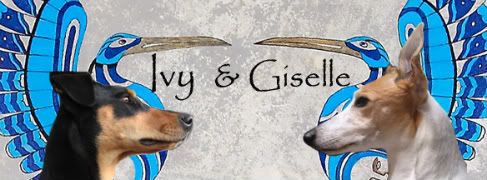Re: the protein issue. We had a long discussion about high protein and kidney problems with a vet tech on another board and a conclusion was made that high protein was certainly alright for healthy dogs. However, high protein diets were not okay for dogs that may have a pre-existing kidney issue since the organ would be aggravated (pretty DUH, lol).
True, the term filler has always been used quite broadly, but I believe the majority of dog owners tend to connect "corn" with "filler" because of the fact that corn is generally a lower-end ingredient. Because of its low protein content and high amount in dog food, it is natural to tend to avoid corn and call it a filler. What's disturbing is that while corn's protein percentage is a mere 8%, its biological value is a meager 60 (compared to an egg's biological value of nearly 95). Of course, we all know that the lower the quality of the protein the more you must feed. Thus, kibble companies jack up the amount of corn. So three posts later, this is why I consider corn to be a filler
I think we're darn near about to beat a dead horse, so I'll leave it to the Norden Laboratories to speak for me:
Providing a pet with maximum nutrition doesn't mean merely supplying an adequate daily amount of commercial pet food or supplementing it with treat-type vitamin/mineral tablets. Nor does feeding a pet a scientifically formulated prescription diet ensure that its maximum nutritional needs are met. The fact is that no commercial pet food, no matter how balanced or how high quality its ingredients, can meet the nutritional needs of every pet. Each animal has its own unique nutritional needs based on age, size, and a level of stress. The only way to meet those needs is by supplying a carefully balanced amount of all required nutrients in doses that can be customized for any cat or dog.








 Reply With Quote
Reply With Quote
Bookmarks